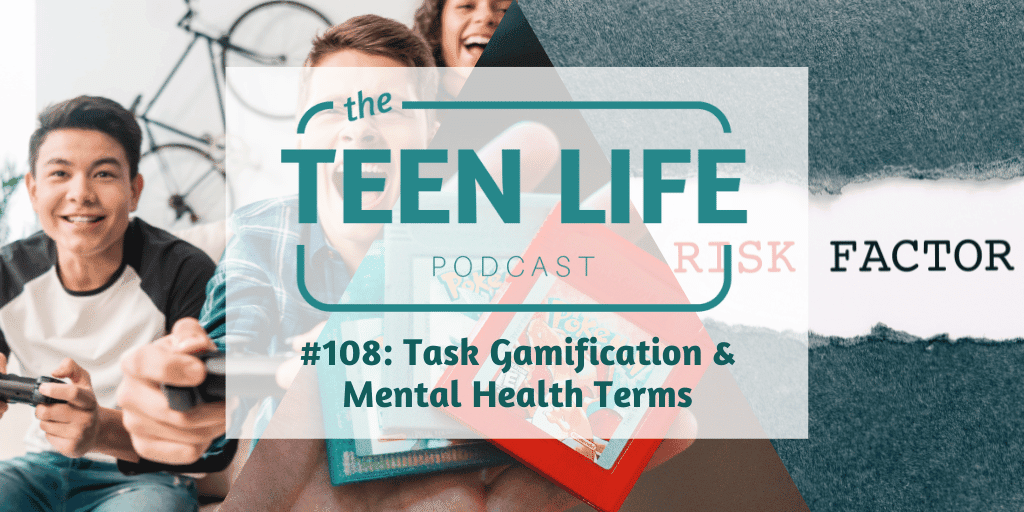
Ep. 108: Task Gamification & Mental Health Terms
Podcast: Play in new window | Download
Do you ever get “stuck” before you even get started on a big task? What if we could tap into our brains’ dopamine center to make our lives more productive? Task gamification could be the answer to a common problem with the executive functioning skill of task initiation. Listen for tips on how making tasks into a game can help you and your teen.
We’ll also go over some common mental health terms, as well as practical tips for easing anxiety.
- Mental Health America: Terms to Know: A Mental Health Glossary
- Instagram: Things That Make Anxiety Worse
- Yu-Lai Chou: The 10 Best Productivity Apps that use Gamification in 2023
- Twitter: George Mack on Video Game Tasks
- Level Up Life
- Habatica
- Forest
- Podcast music by Luke Cabrera & Tobin Hodges

Chris Robey
Former CEO

Karlie Duke
Communications Director
Chris Robey | Former CEO
Chris has spent most of his career empowering teenagers from all backgrounds. As the former leader of Teen Life, he is passionate about helping students make good choices while also giving adults the tools they need to communicate more effectively with teens. Chris is a graduate of Midwestern State University and holds a Master’s Degree in Family Life Education from Lubbock Christian University.
Karlie Duke | Director of Communications
Karlie has always had a heart for teenagers. Through her role at Teen Life, she loves to showcase the amazing stories coming out of Support Groups, but she is especially passionate about helping adults and teenagers find connection. Karlie has a BS in Communications with a minor in Family Studies from Abilene Christian University.








